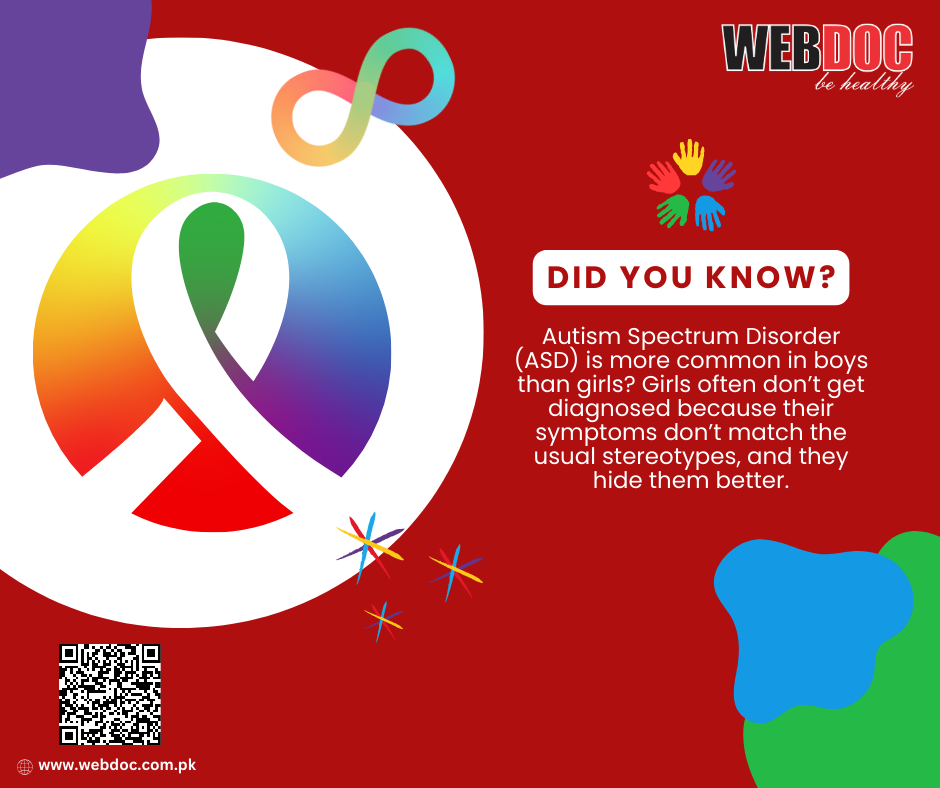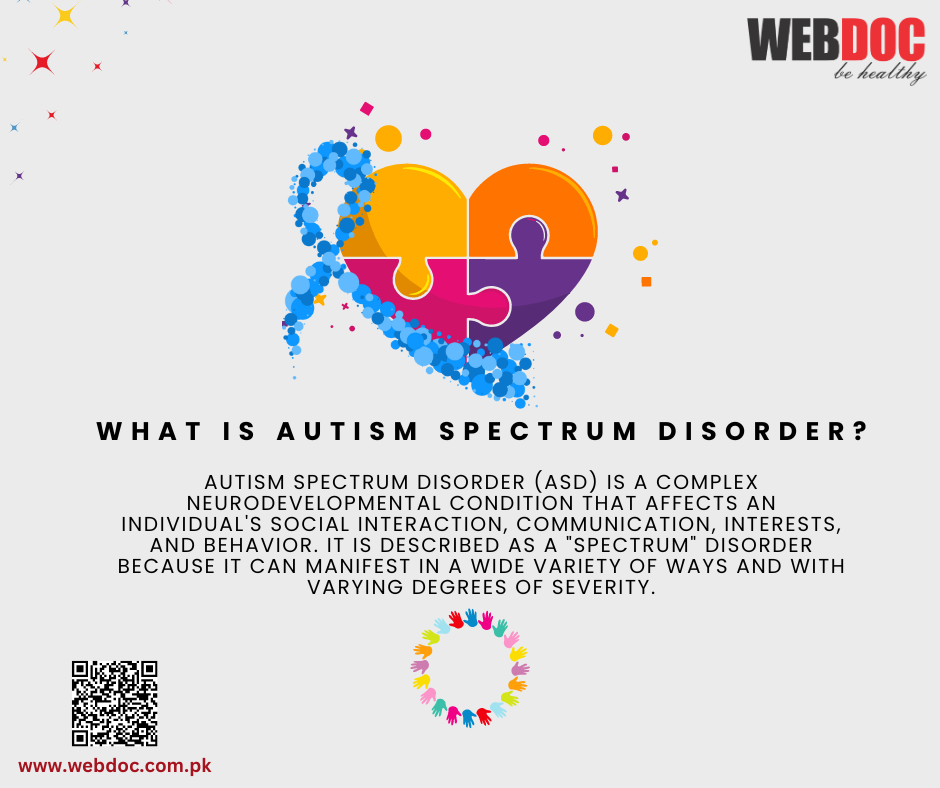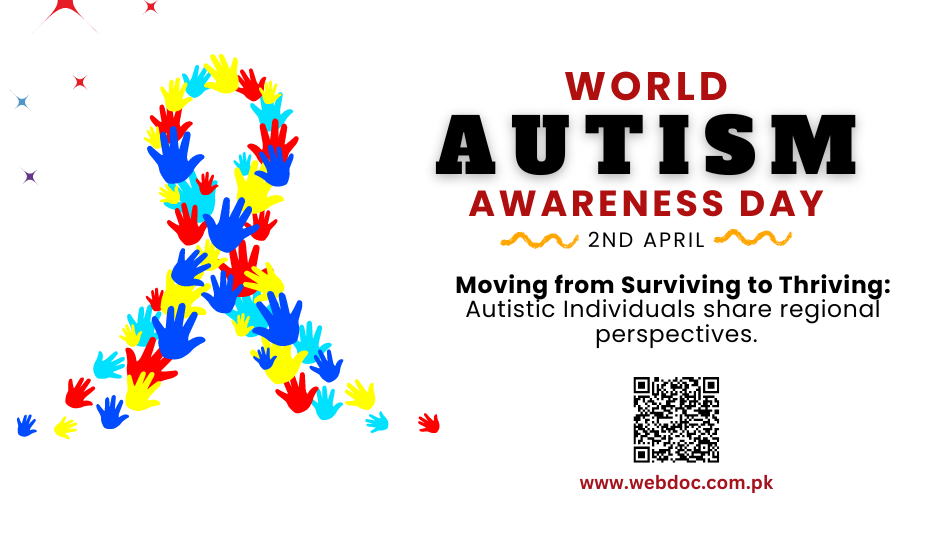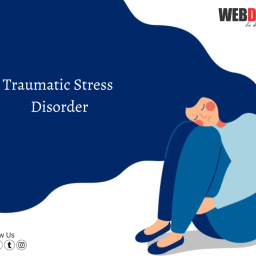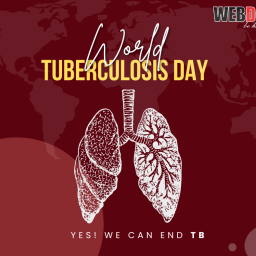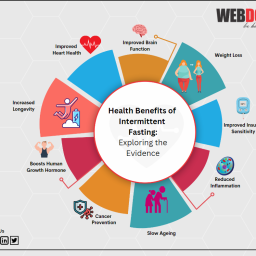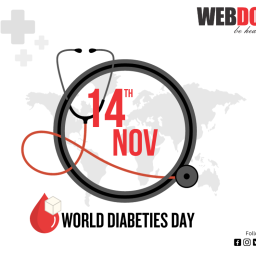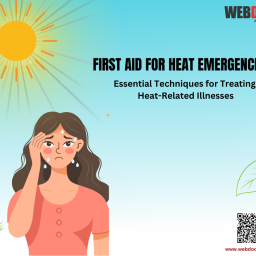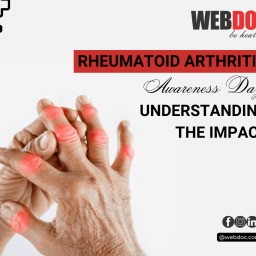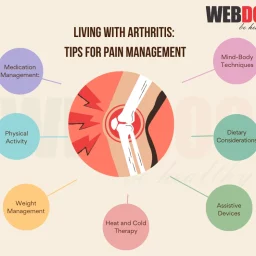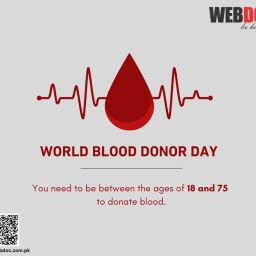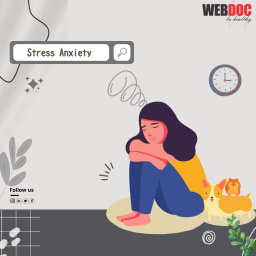Understanding and Embracing World Autism Awareness Day: A Call for Acceptance and Inclusion
Introduction:
World Autism Awareness Day, observed annually on April 2nd, serves as a reminder to promote understanding, acceptance, and inclusion for individuals on the autism spectrum. As we commemorate this day, it is crucial to shed light on the challenges faced by individuals with autism, celebrate their unique strengths, and advocate for a more inclusive society. This blog post delves into the significance of World Autism Awareness Day, explores the realities of living with autism, and emphasizes the importance of fostering a supportive and inclusive environment for all.
Understanding Autism:
Autism, or Autism Spectrum Disorder (ASD), is a complex developmental condition characterized by differences in social communication and interaction, as well as restricted interests and repetitive behaviors. It is a spectrum disorder, meaning that individuals with autism can present a wide range of strengths and challenges. Some may have exceptional abilities in areas such as mathematics, music, or art, while others may require significant support in daily functioning.
It is essential to recognize that autism is not a disease or a result of bad parenting but rather a neurodevelopmental difference that affects how individuals perceive and interact with the world around them. Research suggests that both genetic and environmental factors play a role in the development of autism, but the exact causes remain complex and multifaceted.
One of the primary goals of World Autism Awareness Day is to increase understanding and acceptance of autism within communities worldwide. Awareness campaigns aim to dispel myths and misconceptions surrounding autism, promoting a more accurate understanding of the disorder. By educating the public about autism, we can reduce stigma and create a more inclusive society where individuals with autism are valued and respected.
Causes of Autism:
The exact cause of autism is not fully understood, but research suggests that a combination of genetic and environmental factors may play a role. There is evidence to suggest that certain genetic mutations or variations may increase the risk of autism, as well as factors such as prenatal exposure to certain substances or maternal health during pregnancy. However, the specific cause can vary from person to person.
Early signs of Autism:
Early signs of autism often include delayed speech or language skills, difficulty making eye contact, reduced interest in social interactions, repetitive behaviors (such as hand-flapping or rocking), and sensory sensitivities. However, it’s essential to note that every individual with autism is unique, and symptoms may vary widely.
Challenges Faced by Individuals with Autism:
Living with autism can present various challenges across different aspects of life. These challenges may include difficulties in socializing and forming relationships, sensory sensitivities, communication barriers, and adherence to routines and rituals. Additionally, individuals with autism may face stigma, discrimination, and misunderstanding from society, which can further exacerbate their struggles.
One of the most significant challenges for individuals with autism is accessing appropriate support and services. Many individuals may require specialized therapies, educational accommodations, and vocational training to thrive, yet access to these resources can be limited or inaccessible in some regions. As a result, there is a pressing need to advocate for increased awareness, funding, and resources to support individuals with autism and their families.
Celebrating Strengths and Abilities:
While it is essential to acknowledge the challenges associated with autism, it is equally important to celebrate the unique strengths and abilities of individuals on the autism spectrum. Many individuals with autism possess remarkable talents and skills, ranging from exceptional memory and attention to detail to creative thinking and problem-solving abilities.
For example, some individuals with autism have an extraordinary aptitude for mathematics, science, or computer programming, while others may excel in artistic pursuits such as painting, music, or writing. By recognizing and nurturing these strengths, we can empower individuals with autism to reach their full potential and contribute meaningfully to society.
Autism Diagnosis:
Autism can be diagnosed as early as two years old, but many children are not diagnosed until later in childhood. Early signs of autism may include delays in speech or language development, lack of interest in social interaction, repetitive behaviors, or unusual sensory responses. It’s essential for parents and caregivers to be aware of developmental milestones and seek evaluation if they have concerns about their child’s development.
Promoting Inclusion and Acceptance:
On World Autism Awareness Day and beyond, it is crucial to advocate for a more inclusive and accepting society. Inclusion goes beyond mere tolerance; it involves actively embracing and accommodating the diverse needs and abilities of all individuals, regardless of their neurodevelopmental differences.
Inclusive education, employment opportunities, and community programs are essential components of creating a more inclusive society. Schools and workplaces can implement strategies such as sensory-friendly environments, flexible learning or working arrangements, and peer support programs to ensure that individuals with autism feel valued and supported.
Moreover, fostering empathy, understanding, and acceptance within communities can help break down barriers and reduce stigma surrounding autism. Education and awareness initiatives, such as workshops, seminars, and social media campaigns, can help dispel myths and misconceptions about autism, promoting a more inclusive and compassionate society for all.
Challenges Faced by Adults with Autism in Employment and Social Integration:
In employment, they may encounter difficulties with job interviews, workplace communication, and understanding social cues. Many struggle with finding and maintaining suitable employment due to limited opportunities and lack of understanding from employers. Additionally, sensory sensitivities and executive functioning difficulties can affect their performance in the workplace.
In terms of social integration, adults with autism may find it challenging to form and maintain relationships, participate in social activities, and navigate social norms and expectations. This can lead to feelings of isolation and exclusion from mainstream society. Supportive programs and accommodations, along with increased awareness and acceptance, are crucial in addressing these challenges and promoting inclusion for adults with autism.
Can autism be cured?
Autism is not a disease that can be cured, but early intervention and support can greatly improve outcomes for individuals with autism. Behavioral therapy, speech therapy, occupational therapy, and other interventions tailored to individual needs can help individuals with autism develop communication skills, social skills, and coping strategies to navigate daily life more effectively.
Common Co-occurring Conditions Associated with Autism Spectrum Disorder (ASD):
- Attention-deficit/hyperactivity disorder (ADHD)
- Anxiety disorders
- Depression
- Intellectual disability
- Epilepsy or other seizure disorders
- Sensory processing disorders
- Obsessive-compulsive disorder (OCD)
- Tourette syndrome
- Language and communication disorders
- Gastrointestinal issues
These co-occurring conditions can vary widely in severity and may require additional support and management alongside autism-specific interventions.
Conclusion:
World Autism Awareness Day serves as a powerful reminder of the importance of understanding, acceptance, and inclusion for individuals on the autism spectrum. By raising awareness, celebrating strengths, and advocating for inclusion, we can work towards creating a world where individuals with autism are valued, respected, and empowered to thrive. As we commemorate this day, let us reaffirm our commitment to building a more inclusive and accepting society for all.
